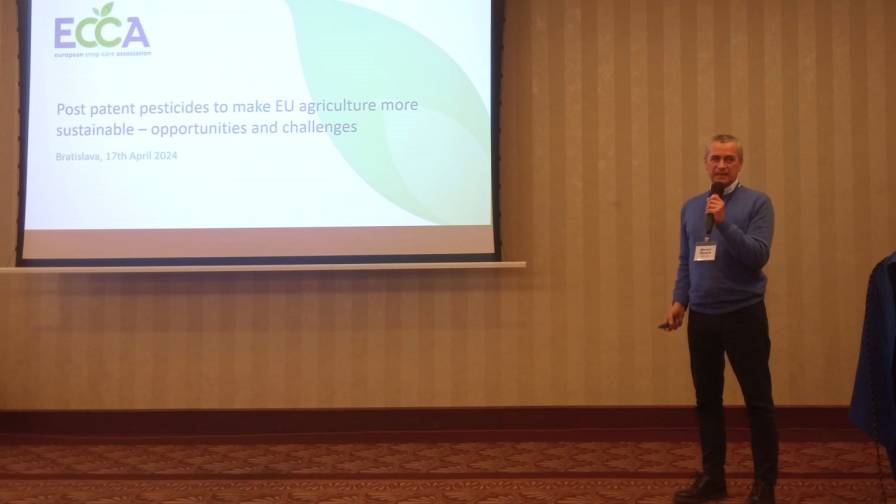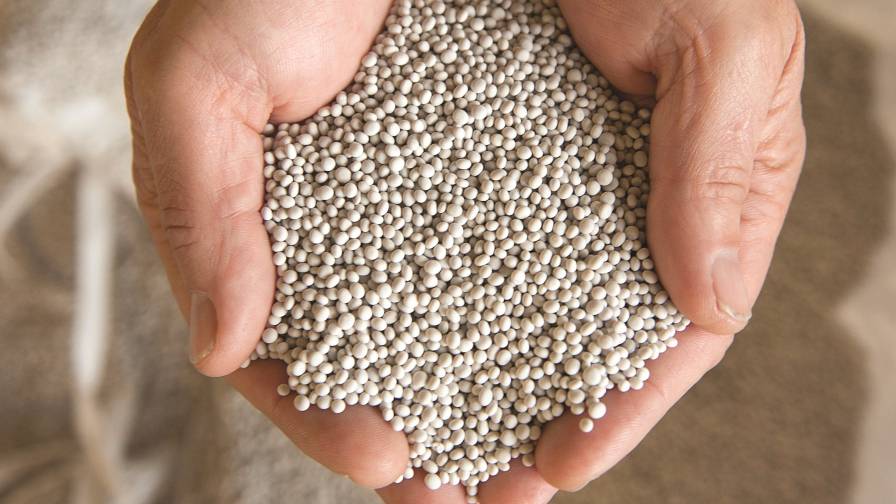Hybrid Seeds Could Benefit African Farmers – DuPont Pioneer
In a paper recently published in Global Food Security, a consortium of DuPont Pioneer and Mukushi Seeds researchers make the case that hybridization, along with the agronomic improvements that complement hybrids, could help solve a global crisis of escalating proportions: finding a way to vastly increase the agricultural production of chronically low-yielding African soil in time to meet the nutritional needs of an expanding population.
Titled “Robust Seed Systems, Emerging Technologies and Hybrid Crops for Africa,” the paper looks at hybridization and the challenges associated with developing hybrid breeding programs from a practical, policy and technical perspective.
Despite decades of investment by various public and private organizations, maize yields in Africa remain low at about 2 metric tons per hectare, which is less than 20% of the average yield enjoyed by American farmers today.
“Key challenges in Sub-Saharan Africa include lack of access to improved hybrid seed, insufficient infrastructure to support a formal seed system, and limited smallholder farmer access to input and output markets,” said Jim Gaffney, strategy lead, industry affairs and regulatory, DuPont Pioneer. “Subsistence farmers in the region rely predominantly on outdated hybrids and open-pollinated varieties, which has limited the region’s ability to achieve food security and agricultural sustainability goals.”
According to the Food and Agriculture Organization (FAO) of the United Nations, Sub-Saharan Africa (SSA) represents one of the most undernourished regions of the world, with almost a quarter of the population being malnourished with micronutrient and vitamin deficiencies. Agricultural productivity in SSA is disproportionately low, and yield improvements have lagged behind most other regions. Maintaining pace with a changing climate is yet another challenge for crop production systems in this region, which have traditionally relied upon older, open-pollinated varieties and limited agronomic inputs.
“One of the United Nation’s goals is for Africa to double production by 2025, to meet requirements to feed a growing population. That’s only nine years away,” said co-author John MacRobert, seed business manager of Mukushi Seeds in Zimbabwe. “If you look at the yield difference between farm-saved seed varieties compared to a high-yield hybrid, smallholder farmers planting hybrid maize in Kenya, Zambia and Ethiopia produce more and have improved their household incomes and increased their total assets. To me, hybrids have a tremendous potential to transform agriculture here.”
According to the paper, in most of Africa, groundwork for hybrid adoption is being laid and some progress is being made through strong collaborative efforts. Further, technologies are emerging that could help simplify the breeding process and reduce costs to help African seed breeders turn out high-quality hybrids faster and cheaper.
“Hybrids are making major inroads in some pockets of Africa such as Ethiopia where the government finances the purchases of hybrid seed by farmers in an effort to spur conversion from open pollinated varieties,” said co-author Worede Woldemariam, the commercial lead business manager for east and south central Africa for DuPont Pioneer.
“The yield has improved from an average of two tons per hectare to seven tons per hectare in some locations. Many farmers are getting even more than that,” said Woldemariam. “Small scale farmers are able to send their children to school with the extra income and improve their living. Instead of thatched roofs, they can have galvanized tin. Instead of the whole family sleeping in one room, they can have more space. Some of the farmers have even been able to send their children to college.”
These technologies could improve quality by lessening the impact of labor management while also making it simpler for seed breeders to respond quickly to Africa’s ever‑changing environmental challenges. Hybrids may offer one of the best defenses in the short- to medium-term to help mitigate climate change, the authors write.
The effect of intermittent droughts and flooding, coupled with new diseases such as maize lethal necrosis in Kenya, could be mitigated by the introduction of new technologies. Introducing hybrids can be done relatively quickly to help alleviate the effects of drought or heat or disease.
“The African continent has abundant resources and this is a great base on which to build a sustainable agricultural sector. Implementing improved seed systems and creating greater market access will require engagement from the public and private sector and the governments within Africa. If the correct agricultural practices are implemented, there is every reason to believe that the future of food security on the continent is very bright,” concluded Woldemariam.
Source: DuPont Pioneer






